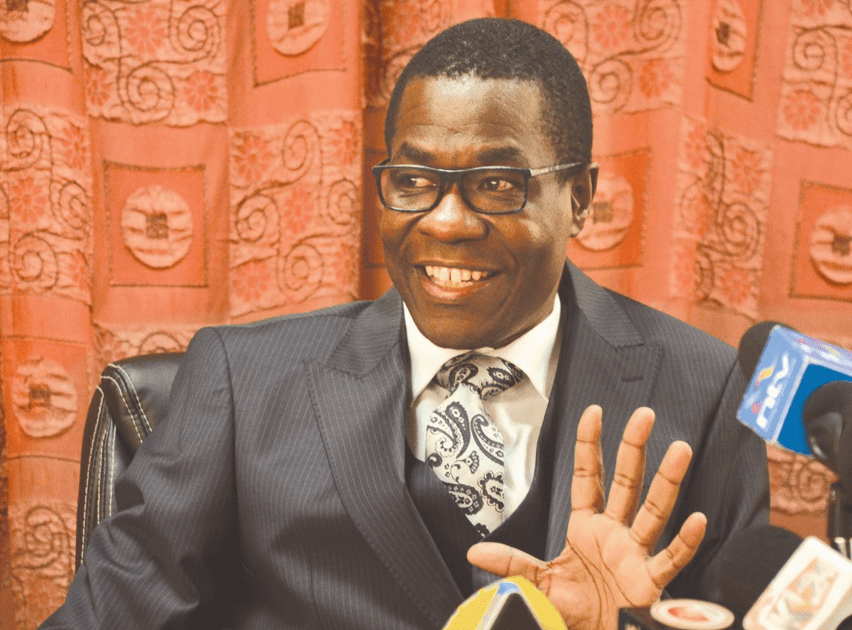Criminal justice agencies differ on new qualifications of EACC chair
By Mercy.Mwai, August 1, 2024Various entities under the criminal justice system yesterday differed over the proposal in the Ethics and Anti-Corruption Commission (amendment) Bill, 2024 that proposes to raise the qualifications of the chairperson of the commission to be similar to those of a High Court judge.
While EACC and the Law Society of Kenya (LSK) opposed the move on grounds that the proposal would lock out qualified candidates, the Office of the Director of Public Prosecution (ODPP) supported the move saying it will ensure the office holder is familiar with legal matters.
The bill which is currently under consideration by MPs is a product of the National Dialogue Committee (NADCO) and is sponsored by leader of Majority Kimani Ichung’wa and leader of minority Opiyo Wandayi (pictured).
Reads the bill: “The bill seeks to amend section 5 of the act to prescribe the qualifications of the chairperson of the commission. The clause provides that the chairperson of the commission shall be a person who is qualified to hold the office of judge of the high court under the constitution.”
In submission tabled before the Justice and Legal Affairs Committee (JLAC) chaired by Tharaka MP George Murugara, EACC opposed the bill on grounds that some of the provisions have already been taken care of.
Proposed ammendment
Reads the EACC brief: “The Commission having carefully considered the proposed amendment opposes the Bill.”
In particular, the commission said that based on their experience, there is no added advantage of having a lawyer in the commission as previously the position of chair has been filled by various professionals including a lawyer qualified to hold the office of a judge of the High Court and there was no added advantage.
The commission added that the proposal will not only limit diversity in the leadership of the Commission but will also exclude candidates from other professions or backgrounds from applying for the said position and as a result this will lead to lack of diverse competencies and expertise.
They argued that individuals in the legal professions may possess strong legal expertise but may lack skills and experience in leadership other.
Legal services
On the proposals to have a full-fledged Legal Services Directorate, EACC said that the proposal is not new as currently, it has a fully established Directorate of Legal Services with some of its officers holding qualifications of a Judge of a superior court.
Reads the brief: “The functions of the Directorate include reviewing evidence in the course of investigation to ascertain it meets the legal threshold and advising the Commission on any legal issue before it.
It adds: “Candidates from non-legal backgrounds may bring fresh ideas, innovative approaches, and diverse skill sets to the role of chairperson. Restricting the position to the legal profession could result in missed opportunities for innovation and improvement within the Commission.
While LSK called for the expansion of the qualifications to include a clause requiring that the holder of the office also have a high moral character, integrity and impartiality, it opposed the proposal saying this exclusion might fall foul of article 27 of the constitution on equality and freedom from discrimination.
LSK argued that, while qualification in law ought not to be seen as the only route to being the Chair of the EACC as is evident from the corruption cases in Courts in Kenya, there is an element of complexity in financial transactions and thus for instance a person who has qualifications in forensic auditing would be helpful.
More Articles

